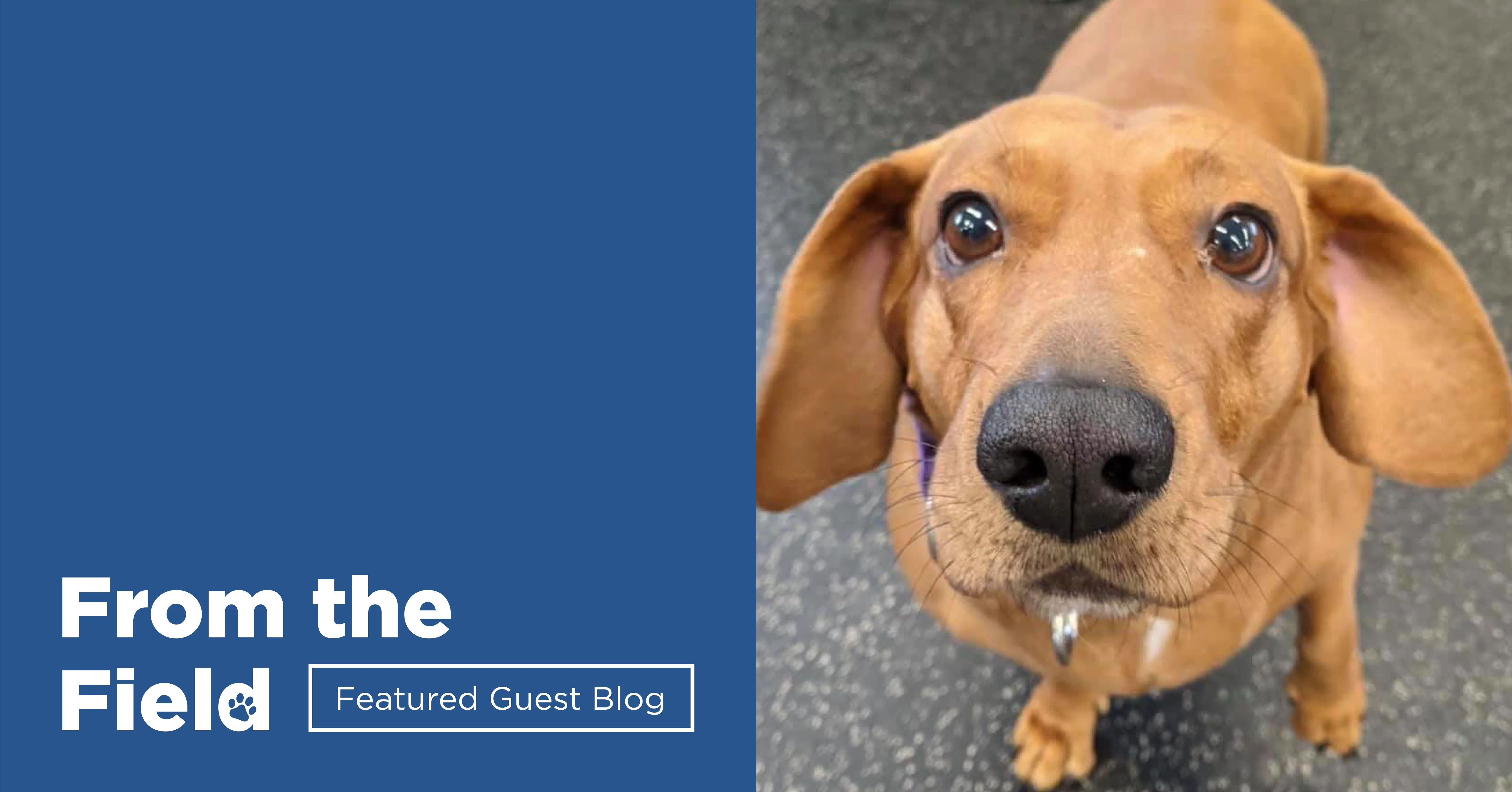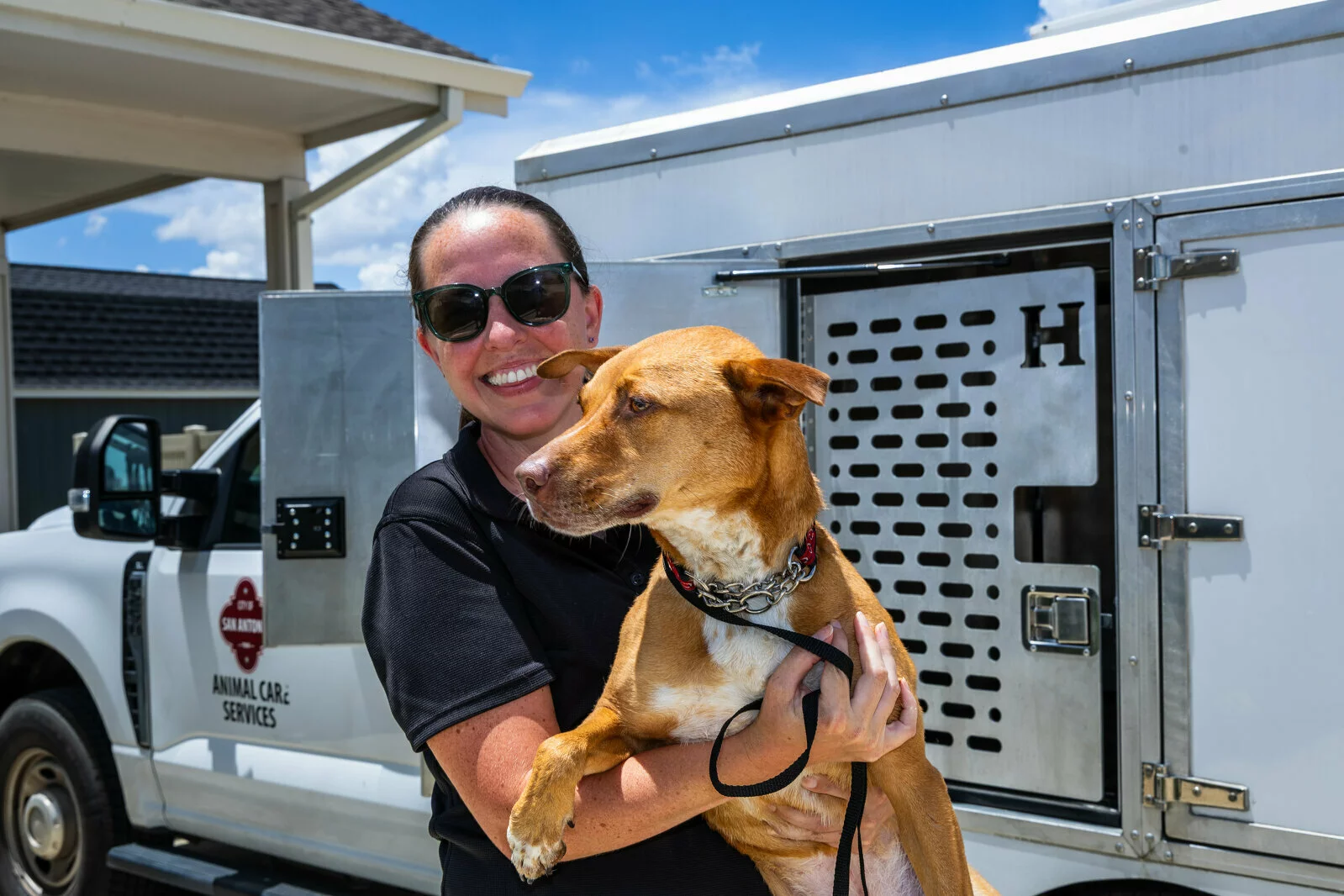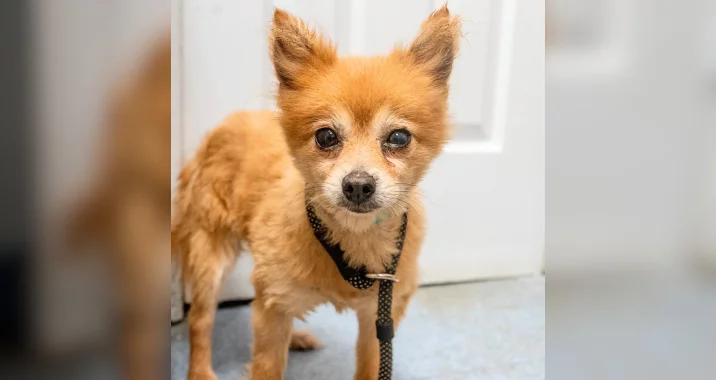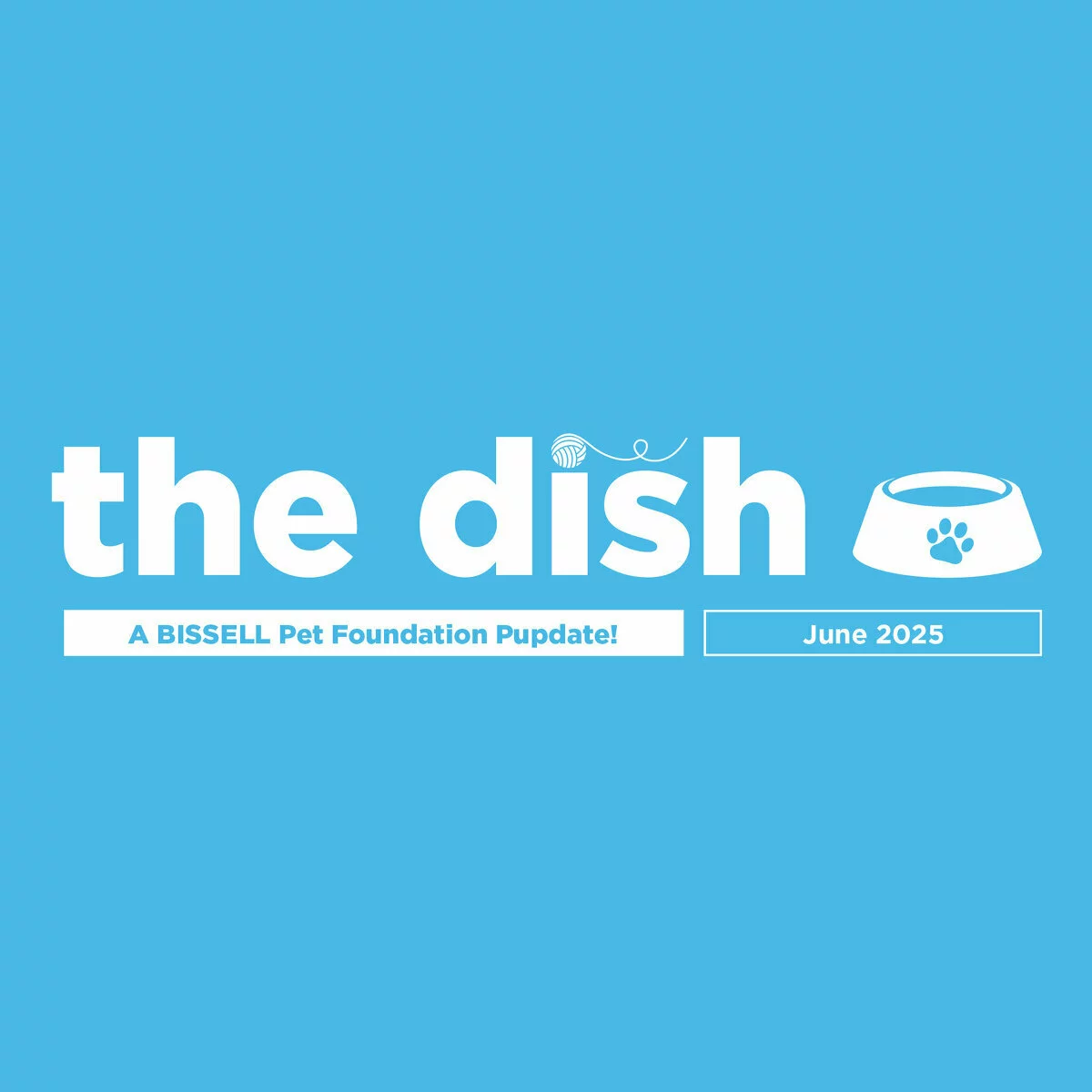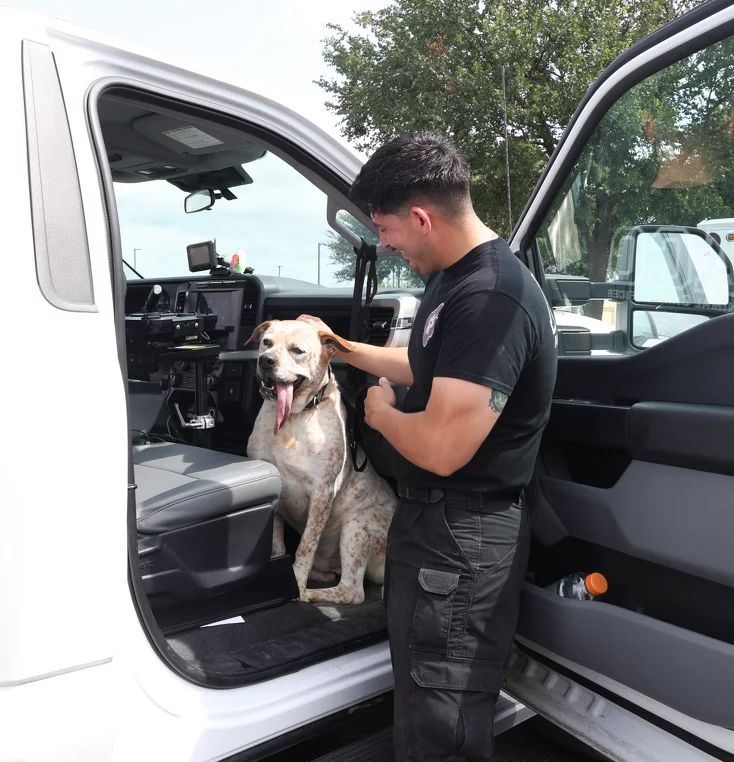Rise of COVID-19 in Shelters
By: Allison Black Cornelius, CEO at Greater Birmingham Humane Society
I always fear losing one of our animals. I wasn’t prepared to lose so many human family members.
It was Sunday, August 17, 2021. I was sitting in the Birmingham airport about to board a plane to Colorado. The Greater Birmingham Humane Society (GBHS) was getting ready to build a $43 million state-of-the-art animal care campus, but we had some final design issues to work out. GBHS had spent months working with Animal Arts to schedule tours of newly built and renovated shelters out west. As I stood in line, my Chief Program Officer, Ivana Sullivan, looked at her phone and then at me. Another employee had just tested positive for COVID-19. That was when I knew we had to shut down all three of the GBHS buildings.
Managing the second wave of the pandemic and its fallout has been much worse than the first time around. Alabama is 49th in vaccinations, first in pediatric hospitalizations, and our citizens are dying from the virus fast and at record rates. Two weeks ago, a board member’s brother died; two days later, a GBHS Young Professional’s brother died. He was 35, father of twin babies, and supposed to be in her wedding that weekend.
Friday, we lost Haley, an incredible friend to animals, seven months pregnant, mother to two-year-old Kate, wife of Jordan, and dog mom to Bryant. Haley had not gotten a vaccination because she was pregnant, and ironically the virus took her and her unborn child.
Two animal control officers from another city that had tested positive for COVID had been in our building working with our staff the last week of July. It was literally like a wildfire. Starting August 3, the virus began to spread. By August 14, 40% of our employees were out due to COVID. One of our veterinary externs fell ill, taking the whole two-week rotation with them, and our entire clinic was gone, as well as our foster department. Our animal control division had moved to emergency status, but the facility was still full. Our adoptions center was full. Our hospital was full. We had 77 animals awaiting spay/neuter. You could not pick a worse time to hit us with a closure and staff shortage.
GBHS has one of the largest transport and disaster response fleets in the Southeast. It is hurricane and flood season, and for the first time since I have been CEO, GBHS cannot respond to natural disaster assistance requests. Somehow Ivana and I managed the ensuing chaos from Colorado. We called staff from our hotel to ensure they were getting infusions and the care they needed to get well. We helped with the Trello boards, and we called funders.
I cannot express how grateful we are to our national network of friends, shelters, volunteers, donors, and rescues. They stepped up. In just five days, we had scheduled three transports of more than 100 animals. Volunteer drivers and the staff that were still healthy worked tireless nights and long hours to get as many animals out of the shelters as possible as we just did not have enough employees left to ensure our standard quality of care. But as Ivana and I looked at the videos and photos of each animal being safely transported out we knew we had done the right thing to stop any further transmissions.
We passed a “Vaccination or Test” policy for all volunteers and employees, and we expect to be fully staffed by the end of September. I’m always worried about distemper, or parvo, or canine influenza, but I never dreamed it would be a human illness that would bring GBHS to its knees. COVID will leave a scar on our organization, but our animals were kept safe, and the love of our partners will ensure we will heal.
